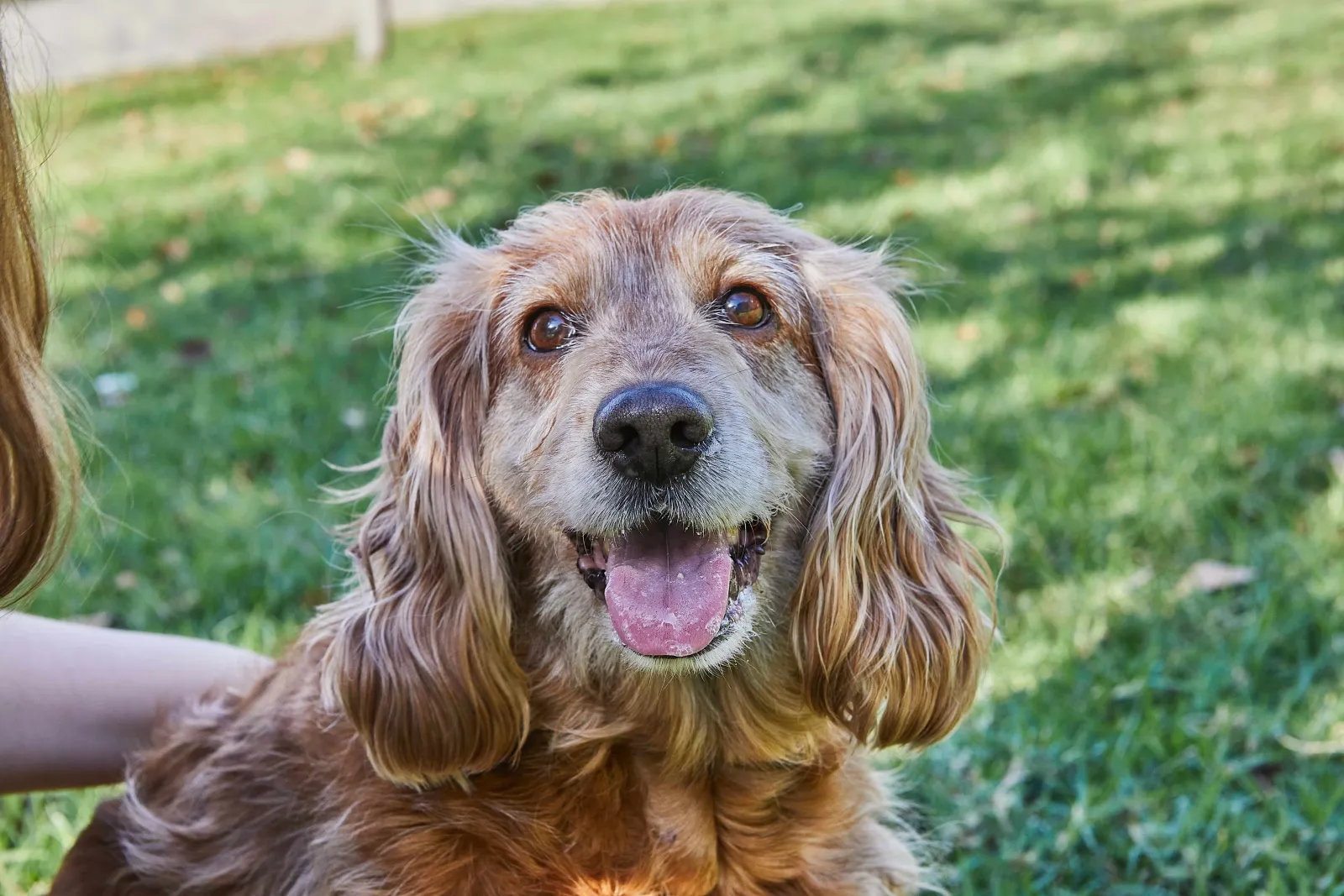How to Take Care of a Senior Dog?
As our beloved furry friends gracefully age, their needs change, requiring us to adapt our care routines to ensure their twilight years are filled with comfort and joy. There are a few areas to focus on when your dog is in its elder years: diet, dental care, grooming, and addressing the nuances of cognitive decline in dogs.

Senior Dog Diet: Nourishing the Golden Years
Just like humans, older dogs experience changes in metabolism and energy levels. Tailoring their diet to meet these evolving needs is crucial for maintaining their overall health. Consider transitioning to a senior dog diet rich in nutrients, such as Omega-3 fatty acids, which support joint health and can aid in cognitive function.
Talking to your veterinarian is essential to determine the optimal diet for your senior companion. They may recommend a diet with controlled levels of phosphorus and sodium to support your senior dog's kidney function and increased fiber for their digestive health. Good nutrition is the foundation for keeping a senior dog in top shape.
Senior Dog Dental Care: Pearly Whites for a Bright Future
Dental care can sometimes be overlooked, but it is critical to a senior dog's health. Dental issues can lead to discomfort and even contribute to systemic health problems. Integrate regular senior dog dental care into your routine to ensure your furry friend maintains those pearly whites.
Invest in dental chews or toys designed to promote oral health. Regular tooth brushing and using a canine-friendly toothpaste and toothbrush are also crucial. Routine dental check-ups with your veterinarian can catch any issues early, preventing pain and ensuring your senior dog's teeth remain fit and healthy instead of a cause of discomfort.
Senior Dog Grooming: A Spa Day for Your Furry Friend
As dogs age, their coat and skin may change, requiring a shift in grooming practices. Embrace the therapeutic benefits of senior dog grooming to ensure they stay snug and stylish throughout their golden years.
Brushing your senior dog's coat regularly helps to remove loose hair and stimulate blood flow to the skin. This is particularly important for breeds prone to matting or skin conditions. Additionally, consider shorter grooming sessions to avoid unnecessary stress on aging joints. Standing through a full-blown spa session can be challenging for your elder dog.
Nail trims, ear cleaning, and a warm bath with a gentle shampoo should also be part of your senior dog's grooming routine. Not only does this promote physical health, but it also provides valuable bonding time between you and your loyal companion.
Cognitive Decline in Dogs: Navigating the Twilight
One of the most challenging aspects of caring for your older four-legged companion is addressing cognitive decline in dogs. Canine cognitive dysfunction (CCD) is like dementia in humans. It can manifest as disorientation, changes in sleep patterns, and altered behavior.
To support your senior dog through cognitive decline, consider enriching their environment with mentally stimulating activities and puzzle toys. Maintain a consistent routine to provide security and offer affection and reassurance. Dietary supplements containing antioxidants and Omega-3 fatty acids may also help fight off cognitive decline in dogs.
Regular veterinary check-ups are crucial for detecting cognitive decline early. Your veterinarian can recommend medications or therapies to manage symptoms and enhance your senior dog's quality of life.
Caring for a senior dog requires a holistic approach. By focusing on a balanced senior dog diet, prioritizing senior dog dental care and grooming, and addressing the challenges of cognitive decline in dogs, you can ensure your furry friend's golden years are comfortable and happy, filled with the unwavering companionship they've provided. If you have any questions about further care or need help keeping your older pet pal comfortable and healthy, schedule an appointment with us today.


